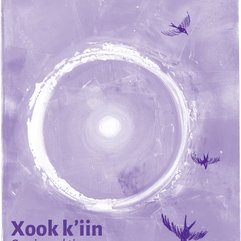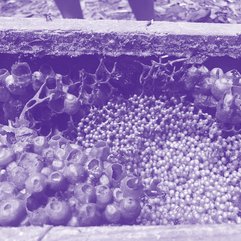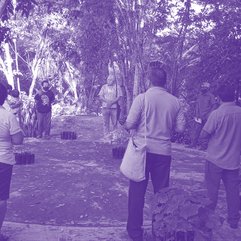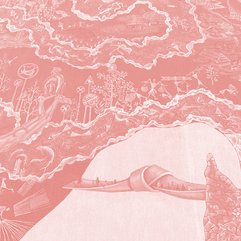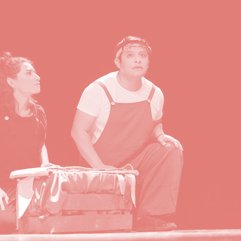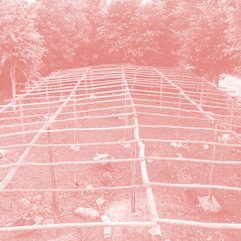Spore Hosts: Words, poetry, and politics: The authority in language.
Alternative Monument for Germany talks series - with Ghayath Almadhoun
18.30-20.30
Save the Date
for youths and adults (10 year-olds and older)
in German/in English/in Arabic

Poetry possesses a unique capacity to evoke and challenge perspectives and convey intricate concepts. Throughout history, poetry has indeed asserted its authority in the realm of language, and through language it has served as a powerful tool for expressing dissent, challenging political authority, and calling for societal transformation, especially during periods of dictatorship. In addition, poetry also served as a measure of our freedom under democracy.
On the other hand, many poets have played a role in reinforcing established power dynamics, reinforcing existing hierarchies, and aligning themselves with oppressive regimes, using their art to propagate propaganda and uphold authoritarian rule. In dark times, some poets were the tongue of fascist ideologies. Whether it's employed to challenge or uphold authority, poetry has an authority on language, and the ability to shape discourse and perceptions, influence society, and impact politics.
But is what I write political poetry? Or is it my life? That I only reflect my experiences and memories, like any poet in the world, and that my life is political.
Ghayath Almadhoun is a Palestinian, Swedish poet born in Damascus, Syria, and emigrated to Sweden in 2008. Now he lives in between Berlin & Stockholm. He has published five poetry collections in Arabic and has been translated into over 20 languages. Almadhoun collaborated with other poets and artists, and his poetry has been part of work by US artist Jenny Holzer, German musician Blixa Bargeld, and others.
Reading the poems in English translation, Lubi Barre.
Sign Language performed by Eyk Kauly.




